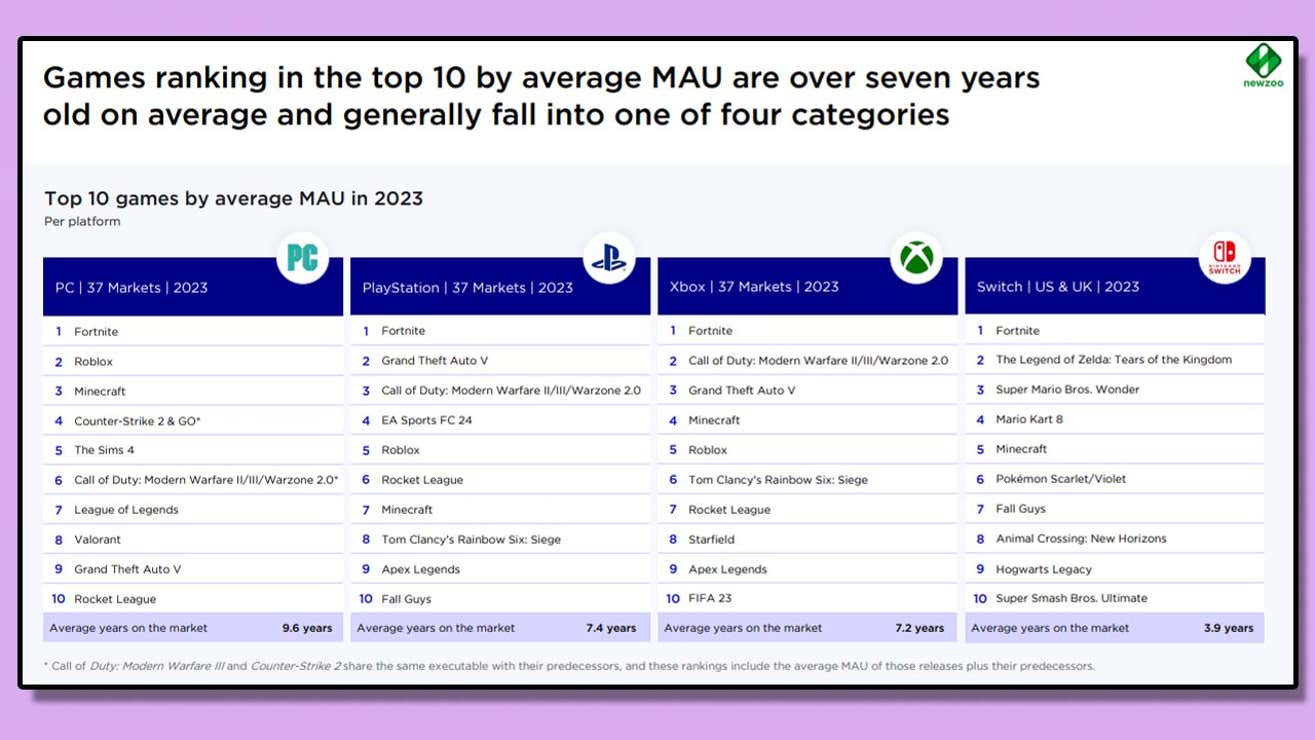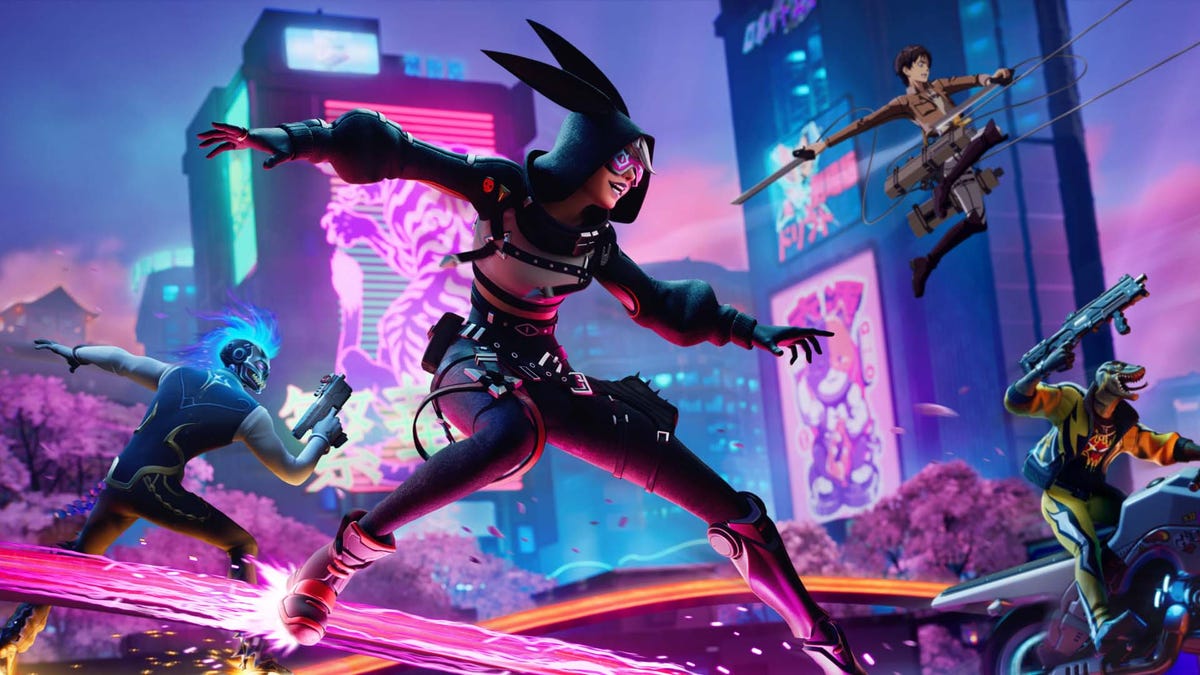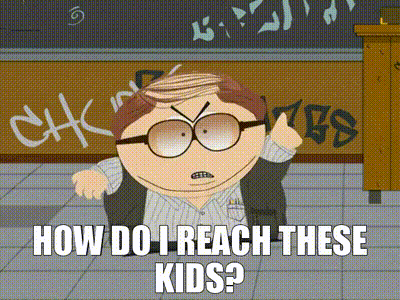- Pronouns
- he/him

Newzoo’s data shows that the top 10 games on each platform (ranked by their average number of monthly active users, or MAU) are filled with old, established titles. Fortnite took the crown on all platforms, including Switch and PC. The rest of the lists included titles that won’t surprise you, like Grand Theft Auto V, Counter-Strike 2, Roblox, Minecraft, Rocket League, Apex Legends, Fall Guys, Valorant, and Call of Duty. Across Xbox and Playstation consoles, only one dedicated single-player game cracked the top ten: Starfield.https://kotaku.com/starfield-the-kotaku-review-1850883627
To further prove that gamers are primarily focused on older games, Newzoo’s data shows that just 66 titles accounted for 80 percent of all playtime in 2023. And 60 percent of that playtime was spent in games that are six years old or older. In fact, in 2023, five old games—Fortnite, Roblox, League of Legends, Minecraft, and GTA V—accounted for 27% of all playtime in the year.
While Newzoo’s report does point out that you can still be successful in this environment, the reality is that gamers are spending less and less time in new games and more and more time in already-established franchises and live-service titles, making it harder for publishers and developers to find an audience. That’s because unlike in the decades before, you aren’t just competing with whatever hot new game is on the shelves, but instead are fighting giants like Fortnite and Roblox, completely free games with endless amounts of content created by their users.

60 Percent Of Playtime In 2023 Went To 6-Year-Old Or Older Games, New Data Shows
A report shows that while the industry is growing, its biggest competition is Fortnite, GTA, Call of Duty, and Roblox
 kotaku.com
kotaku.com
Some interesting data here, though it mixes a few things. The stuff about GaaS is in line with what Circana's Mat Piscatella has said about "black hole games" that suck up most of people's playtime and that it's become increasingly difficult to pry gamers from titles they have settle on.
I can't entirely relate since I don't really play service/forever games but I also found myself gravitate more towards older titles, some of which I have played before. Thanks to a large backlog and (relative) ease of access to classic games I just don't feel as compelled anymore to grab every new release out of fear of missing out and I have family and friends that feel very much the same.


